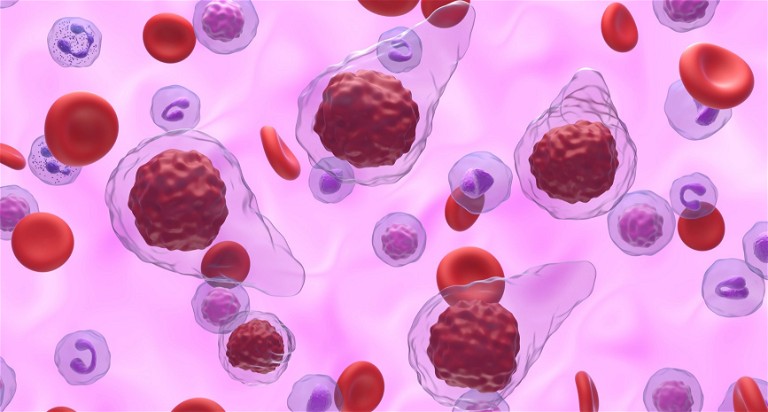News
CHMP shares positive opinion for GSK’s momelotinib for myelofibrosis treatment
GSK has announced that the Committee for Medicinal Products for Human Use (CHMP) of the European Medicines Agency (EMA) has given a positive recommendation to the company’s momelotinib for patients with myelofibrosis.
The drug has gained this positive opinion for the treatment of disease-related splenomega ly (enlarged spleen) or symptoms in adult patients with moderate-to-severe anaemia who have primary myelof ibrosis, post-polycy thaemia vera myelof ibrosis, or post-essential thrombocy thaemia myelof ibrosis and who are Janus kinase (JAK) inhibitor-naïve or have been treated with ruxolitinib.
Nina Mojas, senior vice president, Oncolog y Global Product Strateg y at GSK, commented: “Momelotinib has a differentiated mechanism of action that may address the significant medical needs of myelof ibrosis patients, especially those with moderate-to-severe anaemia. The vast majority of myelof ibrosis patients will develop anaemia, causing them to require transfusions and leading a notable proportion to discontinue treatment. This positive CHMP opinion is a significant step in bringing momelotinib to patients in the EU with this diff icult-to-treat blood cancer.”

This positive opinion follows data from the pivotal MOMENTUM study and the phase 3 SIMPLIFY-1 trial. The MOMENTUM trial assessed the safety and efficacy of momelotinib compared to danazol for the treatment and reduction of key manifestations of myelof ibrosis in an anaemic, symptomatic, JAK inhibitor-experienced population, whereas SIMPLIFY-1 was intended to evaluate the efficacy and safety of the drug compared to ruxolitinib in myelof ibrosis patients who had not previously been treated with a JAK-inhibitor therapy.
The most common adverse events in these trials included diarrhoea, thrombocy topaenia, nausea, headache, dizziness, fatigue, asthaenia, abdominal pain and cough.
If approved in the EU, the drug will be available under the proposed brand name Omjjara.